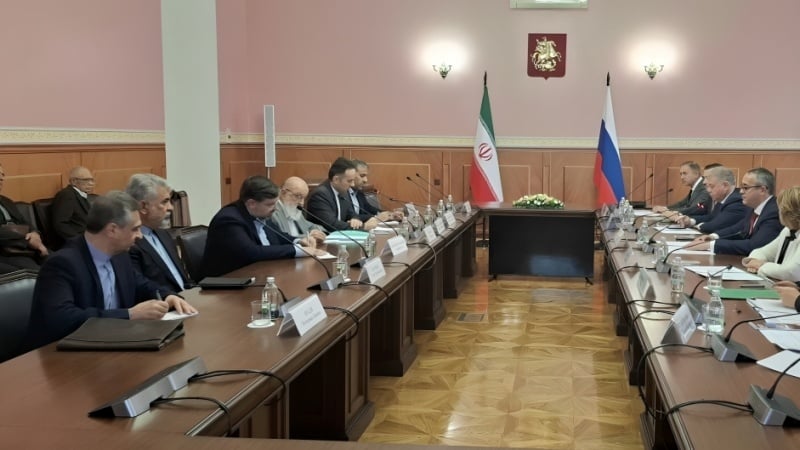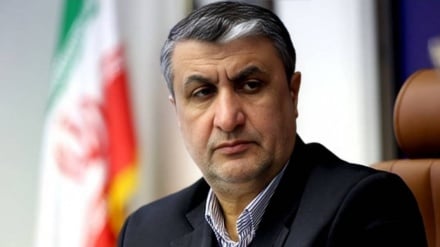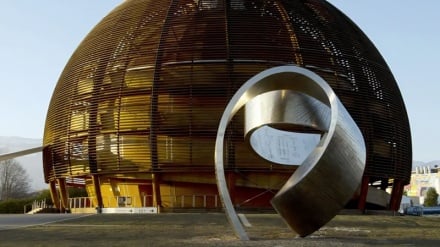BRICS capitals sign cooperation agreement in Moscow
-

Mehdi Chamran, Chairman of Tehran City Council, at Moscow City Council meeting
Pars Today – A cooperation agreement among the capitals and major cities of BRICS was signed in Moscow, with the participation of senior city officials and parliamentary representatives from BRICS member countries.
The agreement was signed at the Moscow City Duma with the participation of mayors, city council heads, parliamentary officials, and senior representatives from BRICS member countries, including the Islamic Republic of Iran.
According to Pars Today, quoting IRIB News Agency, Mehdi Chamran, Chairman of the Tehran City Council, who traveled to Moscow leading a delegation for the BRICS Mayors’ Summit, stated at the signing ceremony:
“I am pleased that we are signing this historic agreement, which aims to counter the unilateralism of the U.S. and the West.”
Chamran described the signing of the BRICS Cities cooperation agreement as a joint move toward convergence and the further development of collaborative ties.
Speaking at the Moscow City Council session on BRICS parliamentary diplomacy, Chamran expressed his pleasure at being among representatives of the capital city councils of member countries. He emphasized the importance of local institutions in shaping a more stable, just, and humane future, one grounded in solidarity, justice, and sustainable development.
He noted the world’s transition from an era of unilateralism to a new multipolar order, saying that BRICS countries, representing over half of the global population and a significant share of world production, play a decisive role in shaping the future of international relations.
He added that this transformation is meaningful not only at the level of governments but also within city councils, which reflect the genuine will of citizens.
Mehdi Chamran criticized the performance of international institutions in addressing humanitarian crises, including the killing of women and children in Gaza and the recent aggression by Israel and the U.S. against Tehran.
He emphasized: “Unfortunately, many international bodies, due to their dependence on global powers, have become instruments of injustice and coercion. In such circumstances, city councils can serve as the voice of reason, peace, and solidarity among nations.”
Referring to Tehran’s special status in the region, Chamran stated that the Iranian capital, with its millennia-old history, today symbolizes resilience, indigenous development, and resistance to external pressures.
He added that even under the harshest sanctions and threats, Tehran has continued its urban development and investment efforts, becoming a model of social innovation. Chamran noted:
“For those who have seen Tehran only through the lens of biased media, witnessing the city’s grandeur, beauty, and progress is almost unbelievable. This is the message Tehran sends to the BRICS family: sustainability, justice, and development begin within cities.”
Chamran emphasized that sustainable investment can only be achieved under conditions of social stability, national solidarity, and international justice. He described urban and parliamentary diplomacy as effective tools for building bridges between nations in times of crises and mistrust.
He highlighted the historical and economic potential of BRICS, noting that the alliance now represents nearly one-third of the global economy and is becoming a key pillar of the emerging multipolar world order.
He emphasized that BRICS seeks not confrontation or domination, but balance, justice, mutual respect, and cooperation among nations.


